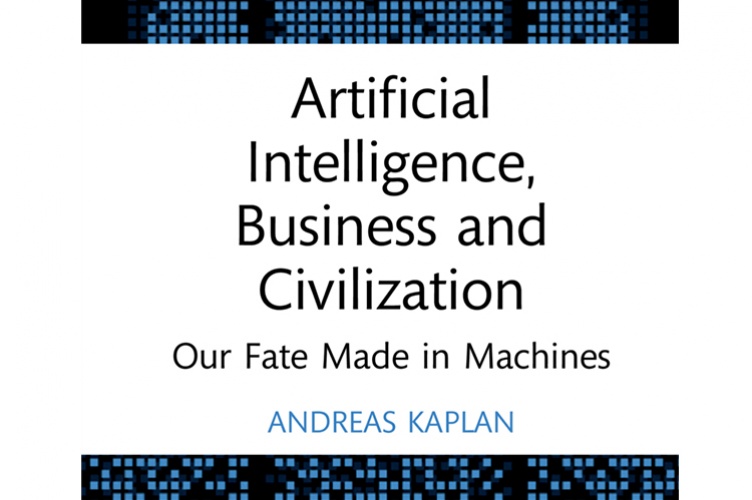Andreas Kaplan’s latest book provides a comprehensive overview of AI based on detailed analysis and insight.
“Artificial intelligence is shaking up economies around the world as well as society at large and is predicted to be either the best or worst thing to happen to humanity,” notes professor Andreas Kaplan, whose new book, Artificial Intelligence, Business and Civilization: Our Fate Made in Machines, provides critical analyses of the advantages and disadvantages, opportunities and threats of AI progress for business and civilisation. “Solutions and possible directions of how humanity might deal with rapid development and evolutions will be given and discussed, considering regulation, employment, ethics, education and international cooperation,” promises Andreas Kaplan whose research focused on analysing and decrypting the digital world, in particular the areas of social media and artificial intelligence, have made him one of the world’s top-cited and impactful academics.
Unlike existing literature, this book looks at what exactly artificial intelligence is, how it can be classified, how it differentiates from other concepts such as machine learning, big data, blockchain, or the Internet-of-Things, and how it has evolved and might evolve over time. Several real-life examples from various sectors and industries (Walmart, the New York’s Metropolitan Museum of Art, etc.) including for-profit organisations, higher education, and government, substantiate and illustrate the presented concepts, classifications, and discussions.
Campuses
